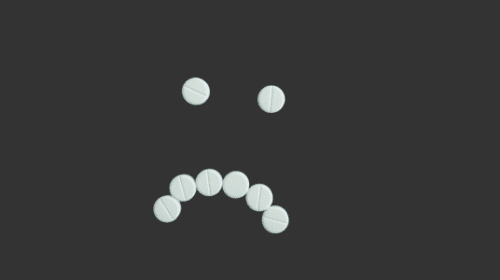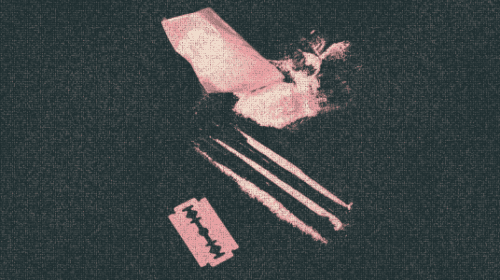
Gabapentin, despite its structural similarity to GABA, does not bind to GABA receptors or directly affect GABA uptake or degradation. Its mechanism of action is not fully understood, but it is believed to work by affecting calcium channels in the nervous system. As such, an overdose can look like physical problems such as labored or slowed breathing, rapid heartbeat, low blood pressure, tremors, coma, or, in severe cases, death, especially when combined with other substances.
Overdose can also lead to psychological effects with profound mood changes, reduced cognitive, physical, and mental abilities, and unusual behaviors.
What Is Gabapentin, And What Conditions Does It Treat?
Gabapentin is a prescription anticonvulsant or antiepileptic. It’s known by brand names such as Neurontin®, Horizant®, and Gralise®. The pills are also sometimes called “Johnnys” or “Johnnies.” In some states, Gabapentin is a Schedule V controlled substance.
While it has a low probability for abuse in comparison to opioids, for example, if it is misused, Gabapentin can result in mind-altering effects or withdrawal symptoms.
Uses of Gabapentin
Gabapentin is approved by the US Food and Drug Administration (FDA) to treat seizures as well as pain from shingles. Gabapentin is used as both a primary and an add-on medication. Use of Gabapentin is currently increasing for off-label use as well as for illicit uses.[1]
Off-Label Use
Off-label use of Gabapentin has grown over the past decade to the point that it is the seventh most frequently prescribed drug in the US in 2019.[2 ]
In addition to seizures and shingles pain, off-label uses for Gabapentin include:
- Alcohol dependence
- Anxiety (specific types)
- Epilepsy
- Fibromyalgia
- Hot flashes
- Insomnia
- Nerve pain
- Post-surgery pain
- PTSD (post-traumatic stress disorder)
- Restless leg syndrome
Illicit Use / Abuse
Gabapentin can be used to intensify the effects of opioids. An opioid, most often fentanyl, was involved in 90% of deaths in which Gabapentin was also detected.[3]
This drug is meant to be taken orally. Crushing Gabapentin and snorting/inhaling it increases the probability of serious side effects and is a signal of substance abuse.
How does Gabapentin work?
Gabapentin is a compound similar to gamma-aminobutyric acid (GABA). It mirrors the effects of GABA.
GABA decreases the excitability of certain neurons or nerve cells (neurons) in your brain. Those neurons are involved in how pain signals are transmitted to your brain and the signals that produce seizures.
How does Gabapentin make you feel?
Most people feel calmer, relaxed, and blissful when they take prescription Gabapentin as directed.
Gabapentin Side Effects

If you take prescription Gabapentin as directed, you may experience these side effects [4]
- Sleepiness
- Dizziness
- Arm or leg swelling
- Nausea and/or vomiting
- Uncoordinated movements
What does a Gabapentin overdose look like?
Someone who’s overdosed on Gabapentin may exhibit any or all of these symptoms:[5]
- Drowsiness
- Dizziness
- Fast heartbeat
- Low blood pressure
- Vomiting and/or nausea
- Reduced motor control or Loss of motor control
IMPORTANT: Gabapentin overdose can be fatal. Seek medical attention immediately.
Call for Medical help immediately if you observe extreme symptoms or any of the following:
- Coma
- Profound fatigue or lethargy
- Tremors
- Low oxygen levels (hypoxia)
When can increase the risk of Gabapentin overdose?
Your risk of overdose may be higher depending on these factors:
- Your overall health
- Your age
- Any medical conditions you have
- How your body individually processes the medication (your metabolism)
- Your mental health
- Whether you use another substance at the same time, opioids or alcohol in particular
- Whether you use a higher dosage than what you are prescribed
- Whether you use Gabapentin more frequently than what you are prescribed
What should you do if you suspect a Gabapentin overdose?
Unfortunately, as of this writing, there is no known antidote or way to reverse a Gabapentin overdose. Call for emergency medical help if you suspect a Gabapentin overdose.
Substance Use Disorder Treatment
Gabapentin is extraordinarily helpful in treating certain conditions. And it has the potential for abuse that can lead to Substance Use Disorder (SUD). Recovery Unplugged stands ready to help those struggling with SUD, with our unique, music-based recovery programs.

























